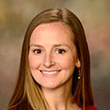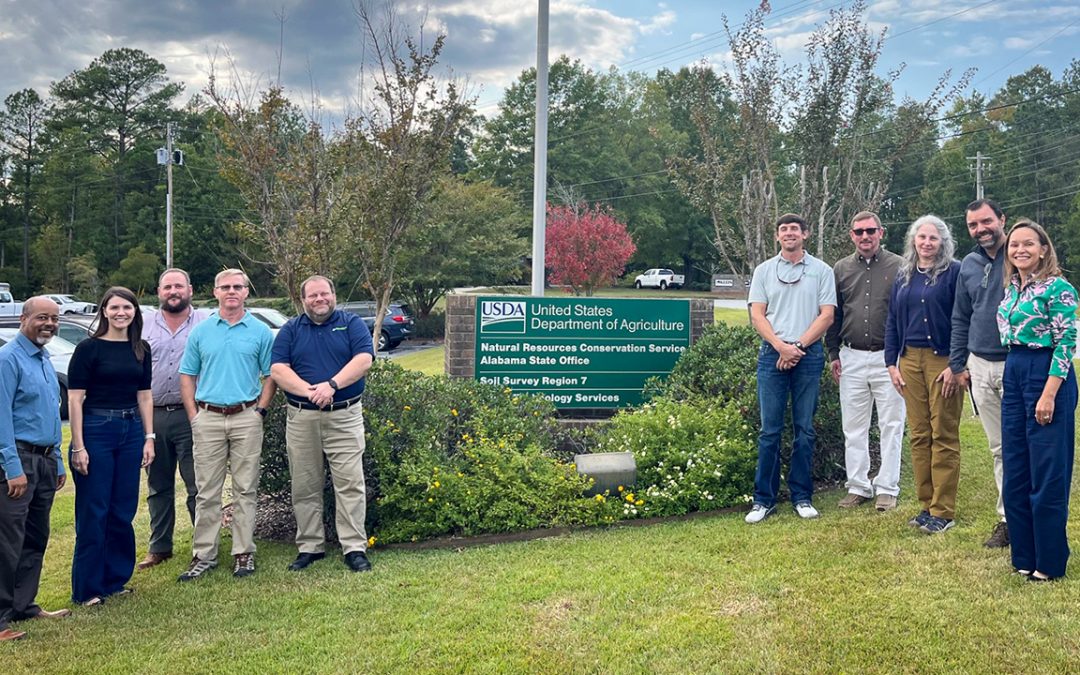by JAMIE CREAMER
The number of Americans who have jumped on the gluten-free bandwagon has soared in recent years, largely in response to a plethora of celebrity testimonials and magazine articles extolling the virtues of eliminating gluten—a protein found in wheat, rye and barley—from the diet.
As demand for gluten-free foods has grown, so has the number of products bearing the gluten-free label on supermarket shelves. For those consumers who have gone gluten free simply because they believe it’s better for them, makes them healthier or helps them lose weight, that’s all well and good.
But for the more than 2 million Americans who suffer from celiac disease and for whom a diet completely free of gluten can be a matter of life and death, the gluten-free craze could be dangerous, say two Auburn University College of Agriculture researchers.
In their article “A cautionary tale of purity, labeling and product literacy in the gluten-free market,” published in 2012 in the Journal of Consumer Affairs, rural sociologist Michelle Worosz and agricultural economist Norbert Wilson track the evolution of the organic foods sector from a localized market that was based on trust to a commercialized, regulated industry with watered-down definitions and standards, loss of some quality attributes and consumer confusion about the products they’re buying, and they contend the gluten-free market is at risk of traveling that same path.
“The core value of the original gluten-free community—people who physically cannot tolerate the protein—is and always has been product purity,” Worosz says. “For decades, the celiac disease community has trusted specialized providers that understand their needs and are focused on offering foods with zero gluten and practices that prevent cross-contamination, and those individuals have been willing to pay premium prices for those products.
“Now that gluten-free has become the greatest thing since sliced bread, large corporations and food manufacturers are seeing the profit potential and entering the market, and industry consolidation could occur, as the bigger players purchase the smaller, original gluten-free providers,” she says. “And those corporations tend to be extremely influential in federal rule-making.”
Celiac disease is an immune system disorder in which consuming foods that contain gluten damages the lining of the victim’s small intestines and prevents the body from absorbing essential nutrients. It can lead to serious gastrointestinal problems, cancer and death. There is no cure. The only treatment is to follow a strict gluten-free diet, which ideally means food products with a detectable-gluten level of zero.
In August, however, seven years after being directed by Congress to do so, the U.S. Food and Drug Administration issued a final rule on use of the gluten-free label: The label can only be applied to products that contain under 20 parts per million of gluten. That translates into less than two-hundredths of a gram of gluten per 2.2 pounds of food. The new regulation goes into effect August 2014.
“It’s good to finally have a definition of what gluten-free means, but there are still many concerns, such as how the agency plans to enforce that rule,” Wilson says. The regulation does not require manufacturers to test their products to ensure they comply.
But in their “cautionary tale,” Worosz and Wilson maintain that domination of the gluten-free market by large corporations is not inevitable.
“We challenge people with CD and the original providers of gluten-free products to step up to the table and make their voices heard in any discussions of standards and regulations,” Wilson says. “In addition, the CD community has high levels of product literacy, and working together with food manufacturers, they can create and market products that meet the CD community’s expectation of high quality product.”




